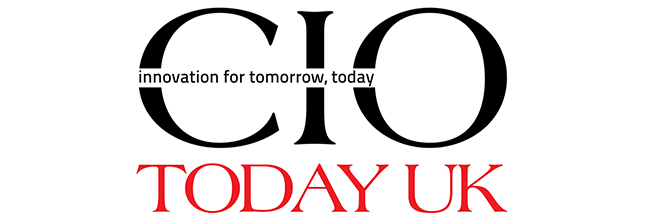Wedge CEO, Dr. Hongwen Zhang is featured in two articles in the March 2015 issue of CIO Today UK.
Bring Your Own Encryption - Balancing security with practicality
"Being free to choose the most suitable encryption for your business seems a good idea. But it will only work in a context of recognized standards across encryption systems and providers' security platforms. Dr. Hongwen Zhang, Chair Security Working Group, CloudEthernet Forum explains.
Since the start of the 21st century, security has emerged from scare-story status to become one of IT users' biggest issues - as survey after survey confirms. Along the way a number of uncomfortable lessons are still being learned.
The first lesson is that security technology must always be considered in a human context. No one still believes in a technological fix that will put an end to all security problems, because time and again we hear news of new types of cyber attack that bypass sophisticated and secure technology by targeting human nature - from alarming e-mails ostensibly from official sources, to friendly social invitations to share a funny download; from a harmless-looking USB stick 'accidentally' dropped by the office entrance, to the fake policeman demanding a few personal details to verify that you are not criminally liable.
And that explains the article's heading: a balance must be struck between achieving the desired level of protection against keeping all protection procedures quick and simple. Every minute spent on making things secure is a minute lost to productivity - so the heading could equally have said "balancing security with efficiency"."
For the full article click here.
Planet of the Things - IoT and the challenge to security
"Stephen Hawking touched a nerve when he iterated his warning about the danger to humanity posed by artificial intelligence. In May last year he and a group of leading scientists had said: "Whereas the short-term impact of AI depends on who controls it, the long-term impact depends on whether it can be controlled at all. All of us should ask ourselves what we can do now to improve the chances of reaping the benefits and avoiding the risks."
Futuristic artificial intelligence may seem a far cry from today's Internet of Things (IoT), but in both cases the fundamental problem is about the uncertainty and risks of scaling complexity. Early experiments on the interactions between very simple elements - analogous to termites obeying a few basic rules - showed how surprisingly intelligent behaviour begins to emerge as the number of elements increases. Putting an emphasis on "surprisingly" - rather than "intelligent" - means that we are not predicting some malevolent intelligence to emerge from the growing network of smart fridges, but rather that we may find ourselves facing unexpected consequences by adding billions of relatively simple devices to our already complex Internet."
For the full article click here.
